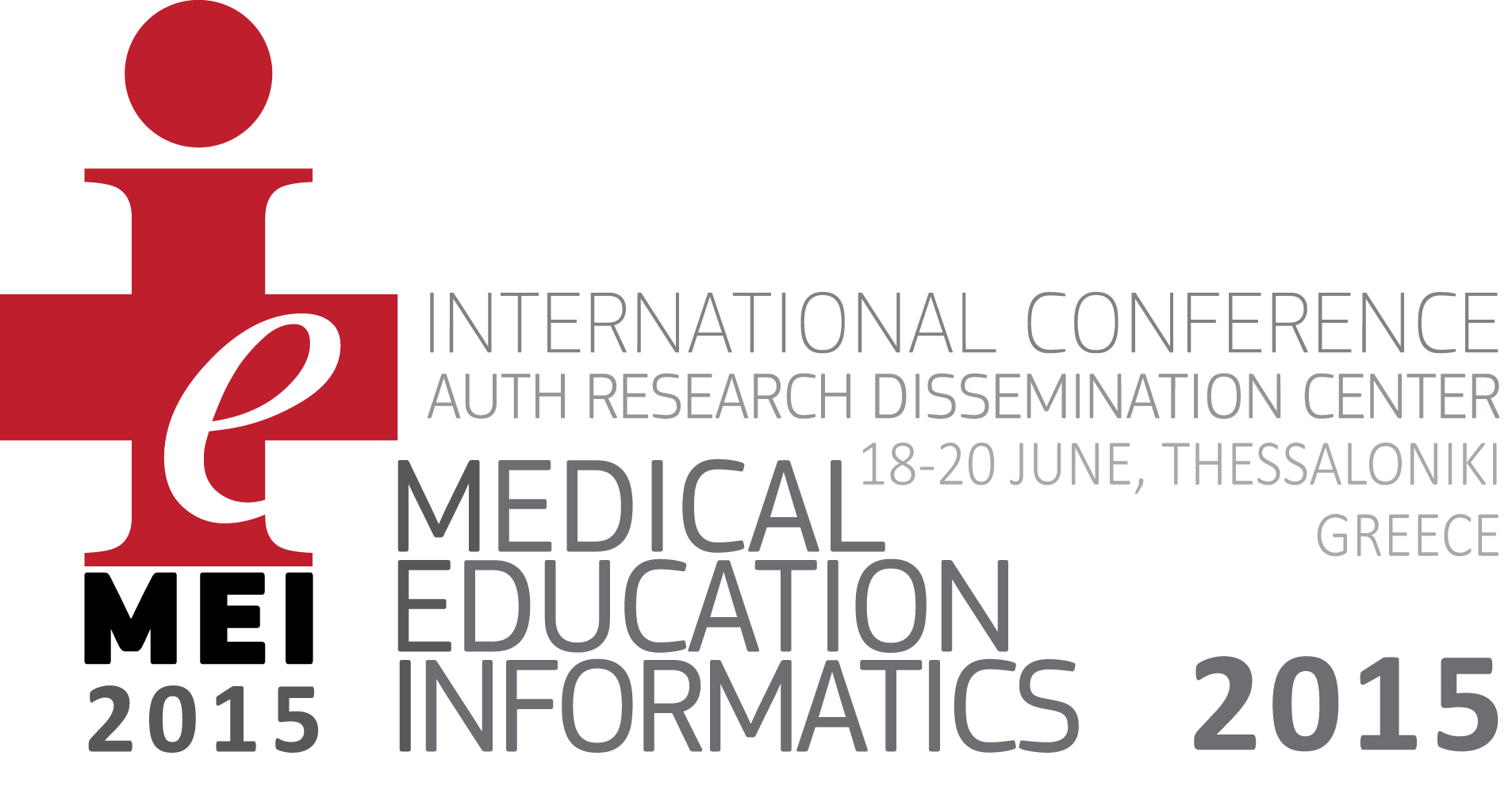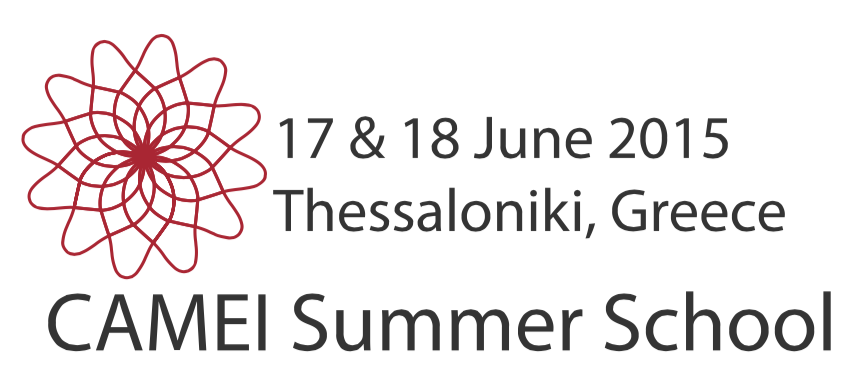You are here
Home › Best Practices and Processes for Designing MOOC Videos: A Case study using edX coursesBest Practices and Processes for Designing MOOC Videos: A Case study using edX courses
Abstract:
Background:
MOOCs are “online courses designed for large numbers of participants that can be accessed by anyone anywhere as long as they have an internet connection, are open to everyone without entry qualifications, and offer a full/complete course experience online for free”. Videos are usually a widely used resource in MOOCs and knowledge on different aspects that impacts the design and production of the videos is needed.
Objective:
To explore production aspects that can improve videos for MOOCs based on the video producers perspective
Method:
A qualitative case study was conducted, in Stockholm Sweden, among staff members in charge of the design and production of videos for MOOCs over a period of eighteen months. Data collection consisted in a series of field notes and journal conducted thought the development of three MOOCs (Explore statistics with R, Pragmatics randomized controlled trials in healthcare, Introduction to urology). Interpretive analysis aimed at revealing best practices and processed for designing MOOC videos.
Results:
The findings presented in this article consist of XX themes. (a) Time to establish a good relation between the faculty and video producers, (b) Storyboard driven production is preferred, (c) Technical affordances of the recording studio, (d) video length, source and faculty acting (e) Video editing process that allows faculty involvement
Conclusions:
Our findings provide an additional perspective to existing studies (Guo et al 2014, Alario-Hoyos et al 2014) with a focus on best practices and processes of benefits to video producers.
Session
Saturday, 20 June, 2015 - 11:30 to 13:00


















